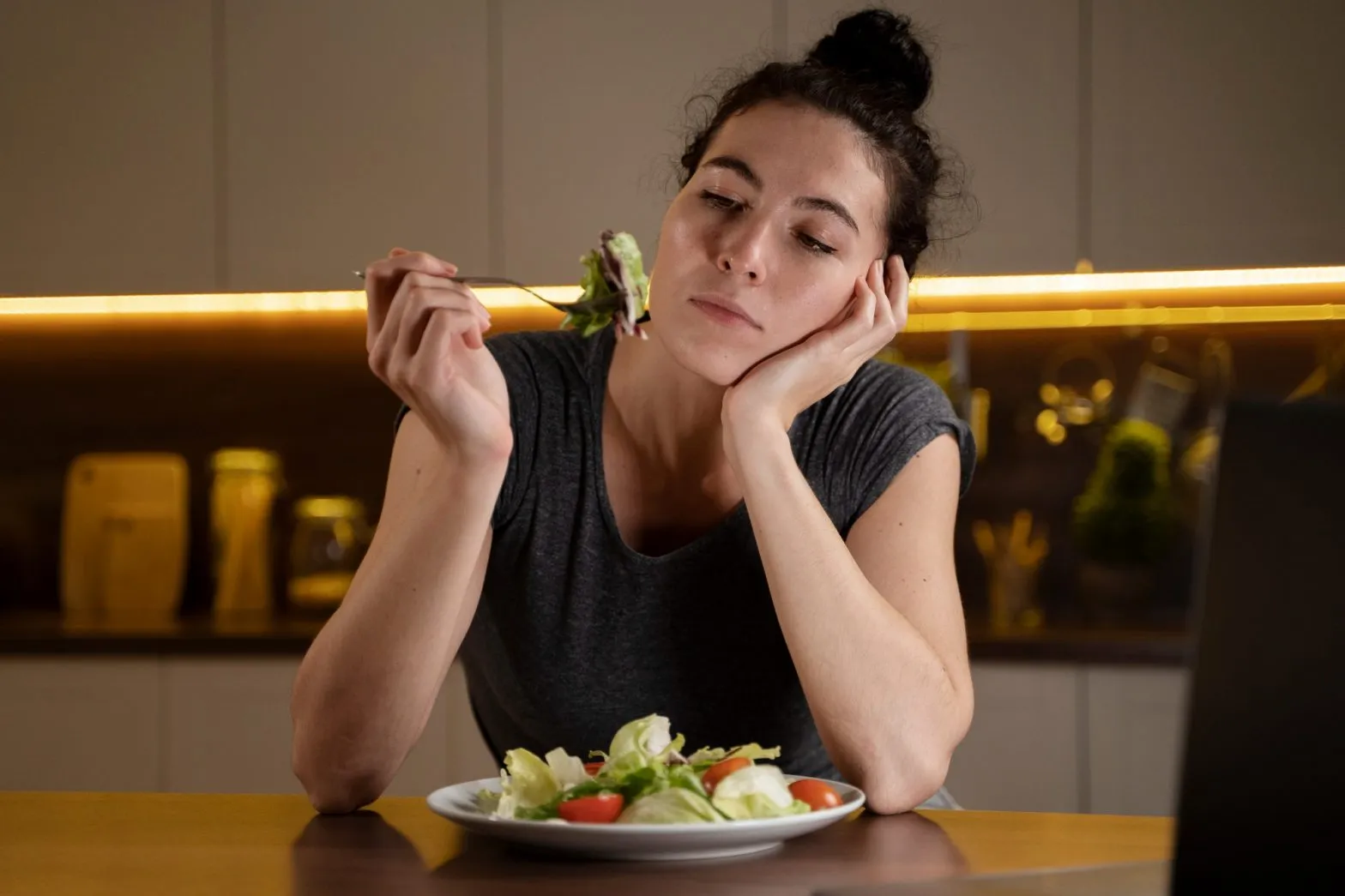Periods can bring a wave of discomfort—from cramps, bloating, and fatigue to mood swings and digestive upsets. But what if the solution included your plate? We need to know What to Eat During Periods can make a noticeable difference in how you feel during your menstrual cycle.
1. Hydrating Allies
Drinking plenty of water is always key, but especially during your period—it can help reduce headaches, ease bloating, and curb water retention. Opt for water-rich foods like cucumber, watermelon, lettuce, and tomatoes to boost hydration from within.
2. Iron-Rich & Energy-Boosting Foods
Menstrual bleeding can lower iron levels, leading to fatigue and weakness. Combat this with:
- Leafy greens such as spinach and kale
- Beans, lentils, tofu, and chicken for both iron and protein
Protein-rich meals also help maintain satiety and stave off cravings.
3. Anti-Inflammatory Staples
Many period symptoms—cramps, soreness, mood fluctuations—stem from inflammation. These ingredients help soothe:
- Ginger tea for nausea and muscle ache relief.
- Turmeric (curcumin) as a natural anti-inflammatory spice.
- Fatty fish like salmon or mackerel and nuts/seed options (flaxseed, chia, walnuts) pack omega-3s, known for pain relief and mood support.
4. Whole Grains, Fiber & Digestion
Fiber-rich whole grains—like oats, brown rice, and quinoa—not only gift you sustained energy but also promote digestion and reduce bloating. They also support mood and help stabilize blood sugar.
Yogurt, with its probiotics, supports gut health and helps with bloating or yeast-related issues.
5. Comfort Foods with Benefits
Looking for a sweet treat? A bit of dark chocolate can be both comforting and nutritious—it’s rich in magnesium and iron, helping relieve cramps and boost mood.
6. Foods to Limit or Avoid
To minimize discomfort, try to limit:
- Salt and salty snacks— promote bloating and water retention.
- Added sugar—can spike energy then crash, worsening mood swings.
- Caffeine and alcohol—they may worsen cramps, dehydration, headaches, and digestive issues.
- Spicy foods and red meat—can irritate digestion or raise prostaglandins, contributing to stronger cramps.
7. Supporting Your Gut
Many experience digestive changes during menstruation—such as bloating, constipation, or diarrhea. To ease this:
- Stay hydrated
- Eat probiotics like yogurt and fermented foods
- Adjust fiber intake (soluble vs insoluble) based on whether you're bloated or constipated
- Limit fried, caffeinated, and carbonated foods that can exacerbate symptoms.
Wrap-Up
Focusing on hydration, iron-rich foods, anti-inflammatory ingredients, fiber-rich whole grains, and soothing treats like dark chocolate can help you navigate your period with less discomfort and more energy. And, being mindful of what to limit—especially processed, salty, or caffeinated foods—can make a real difference. Listen to your body, choose nourishing options, and treat yourself kindly during this time of the month.
Read Also:



